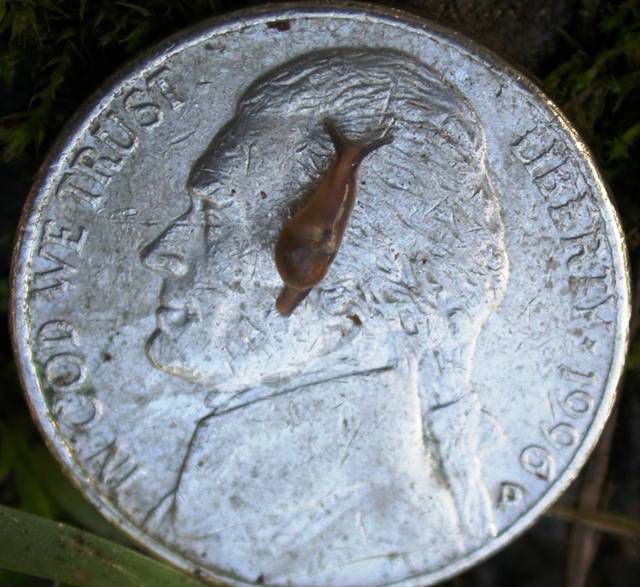LIHUE — Lisa Laureta is taking extra care washing her produce these days. An uptick in rat lungworm disease cases on Hawaii Island has that impact, even on Kauai. “It hasn’t made it here yet, though, right?” the Hanamaulu resident
LIHUE — Lisa Laureta is taking extra care washing her produce these days.
An uptick in rat lungworm disease cases on Hawaii Island has that impact, even on Kauai.
“It hasn’t made it here yet, though, right?” the Hanamaulu resident asked while buying a bushel of bitter melon greens at the farmer’s market in the Kmart parking lot on Monday.
Laureta is correct, according to representatives from the state Department of Health — rat lungworm disease hasn’t been reported on Kauai, but officials are still advising caution.
So far this year there have been 11 reported cases of the disease in Hawaii on Maui and Hawaii Island.
Rat lungworm disease is a rare type of meningitis that affects the brain and spinal cord, according to the state DOH. It’s caused by a parasite called Angiostrongylus cantonensis. That parasite, in its adult form, is only found in rodents; but infected rodents can pass the worm larvae onto snails and slugs through their feces.
Humans can become infected with the parasite by eating raw or undercooked foods that have been infected by snails, frogs and slugs.
Severe headache and a stiff neck, tingling or pain in the skin or extremities, low-grade fever, nausea, light sensitivity and vomiting are all symptoms of the disease. Sometimes, temporary paralysis of the face can occur.
“The most important thing is to wash fruits and vegetables before you eat them,” said Kauai District Health Officer Janet Berreman, “and really pay attention; look for the juvenile slugs. They can be quite small.”
Fruits and vegetables should be washed under running water, DOH recommends, and there is no need to add salt, bleach, vinegar or other cleaners. After it’s washed, produce should be inspected for snails and slugs.
Tiny snails and slugs are hard to see and detect on leafy greens, so each leaf should be carefully washed, front and back, in water, said Anna Koethe, spokeswoman for DOH. “
Locally grown produce is safe to eat as long as the proper care precautions outlined above are taken no matter where the food comes from, she said.
The other way to guard against the disease is to cook your vegetables and fruit, Berreman said, because cooking it destroys the parasite.
For those who have their own gardens at home, Berreman suggests eliminating the number of rats and slugs on the property.
Laureta said she and her friends eat a lot of local greens and the possibility of catching the parasite hasn’t made her stop shopping at her favorite markets.
“I’m not too worried,” she said. “But I wash everything and we’re cooking this (the bittermelon greens).”



